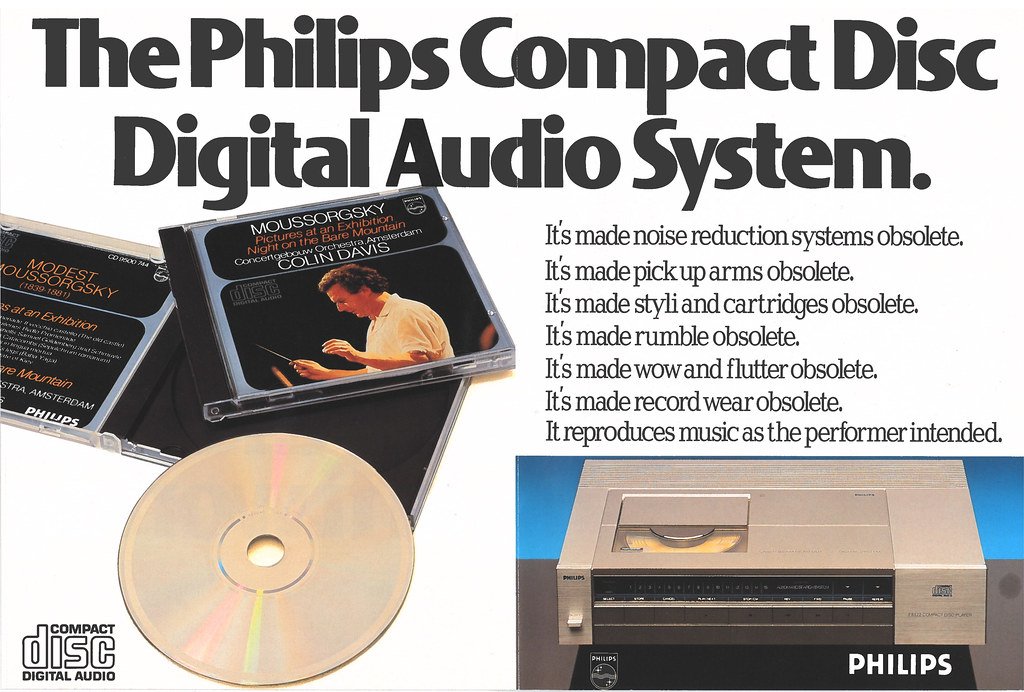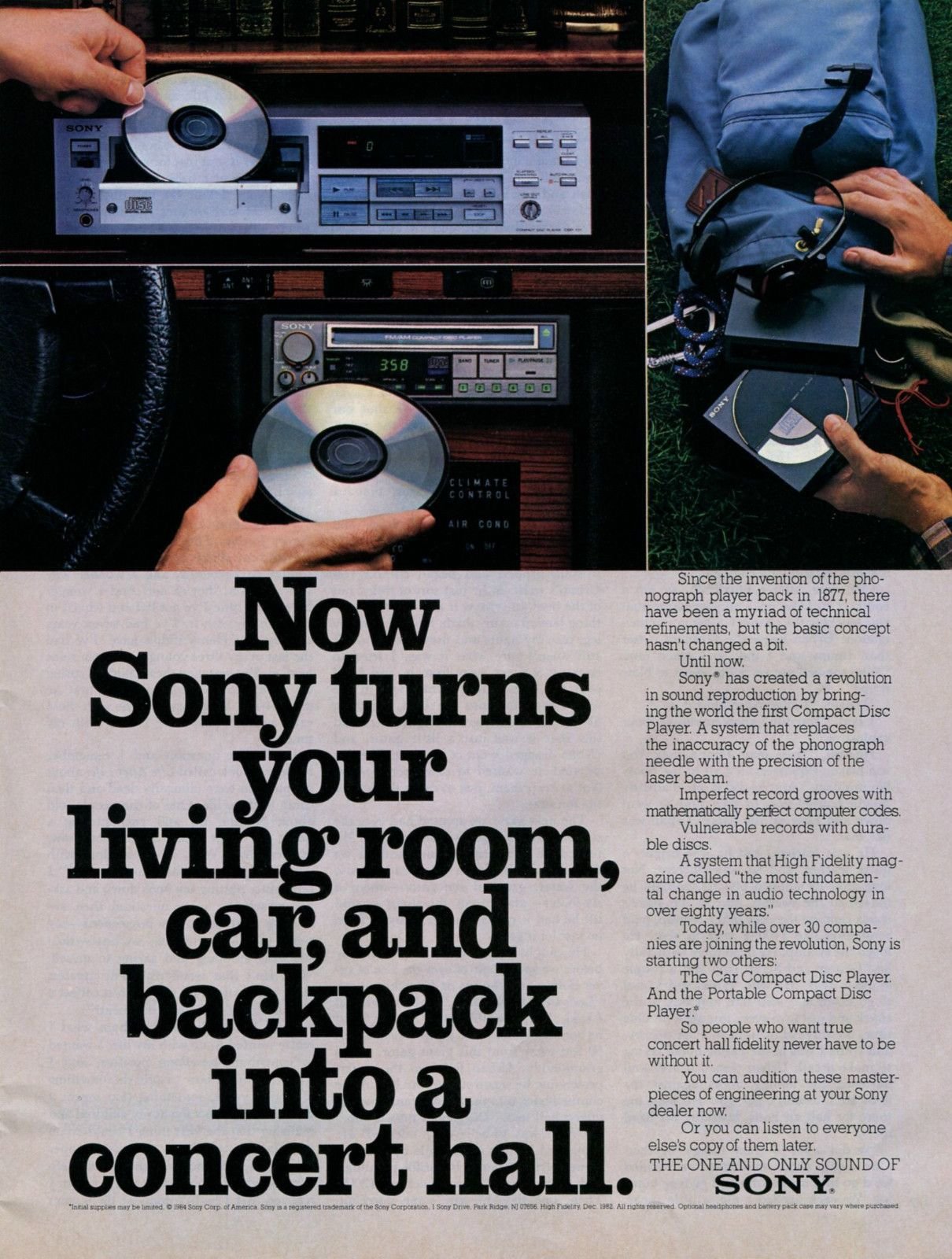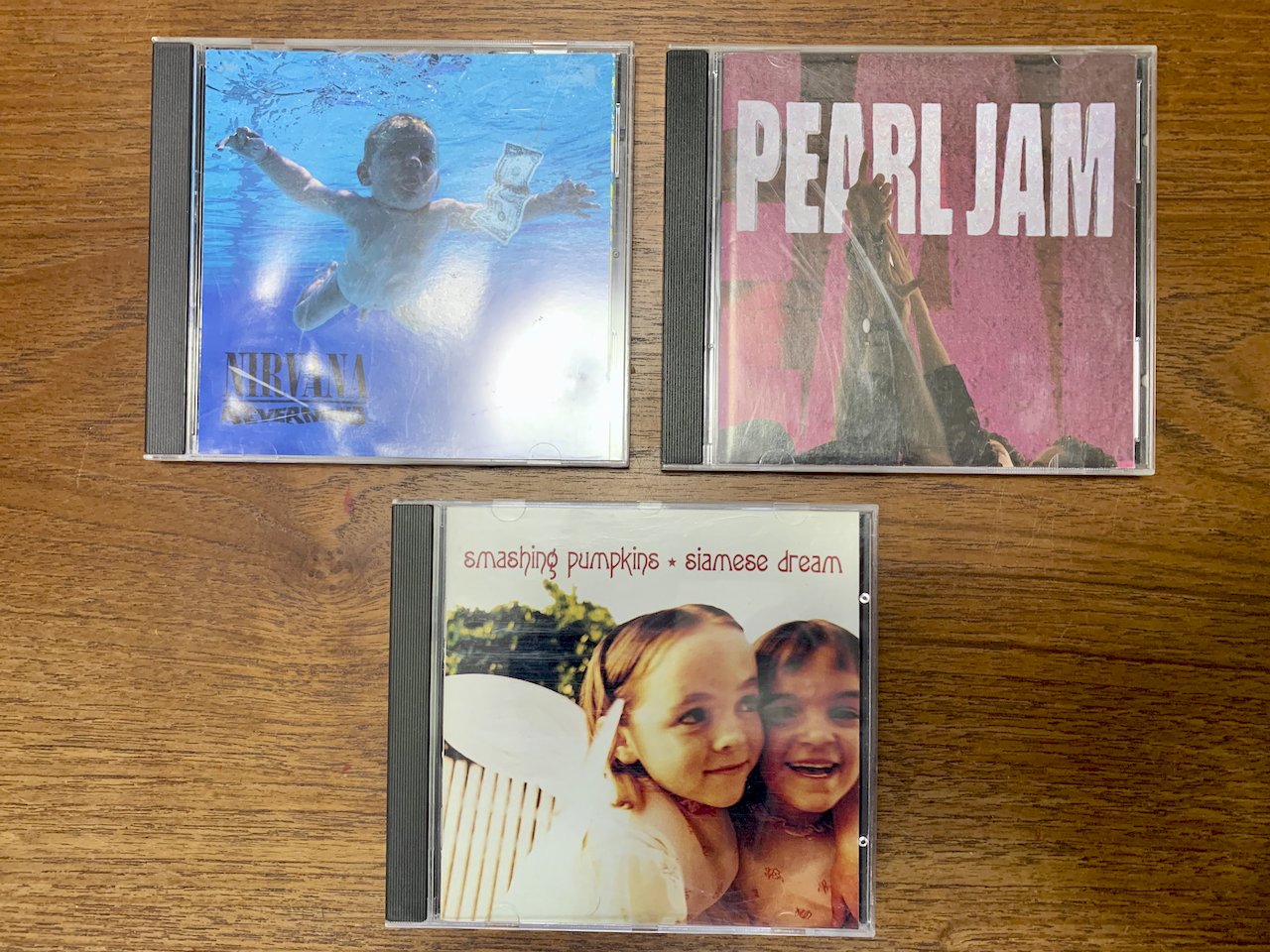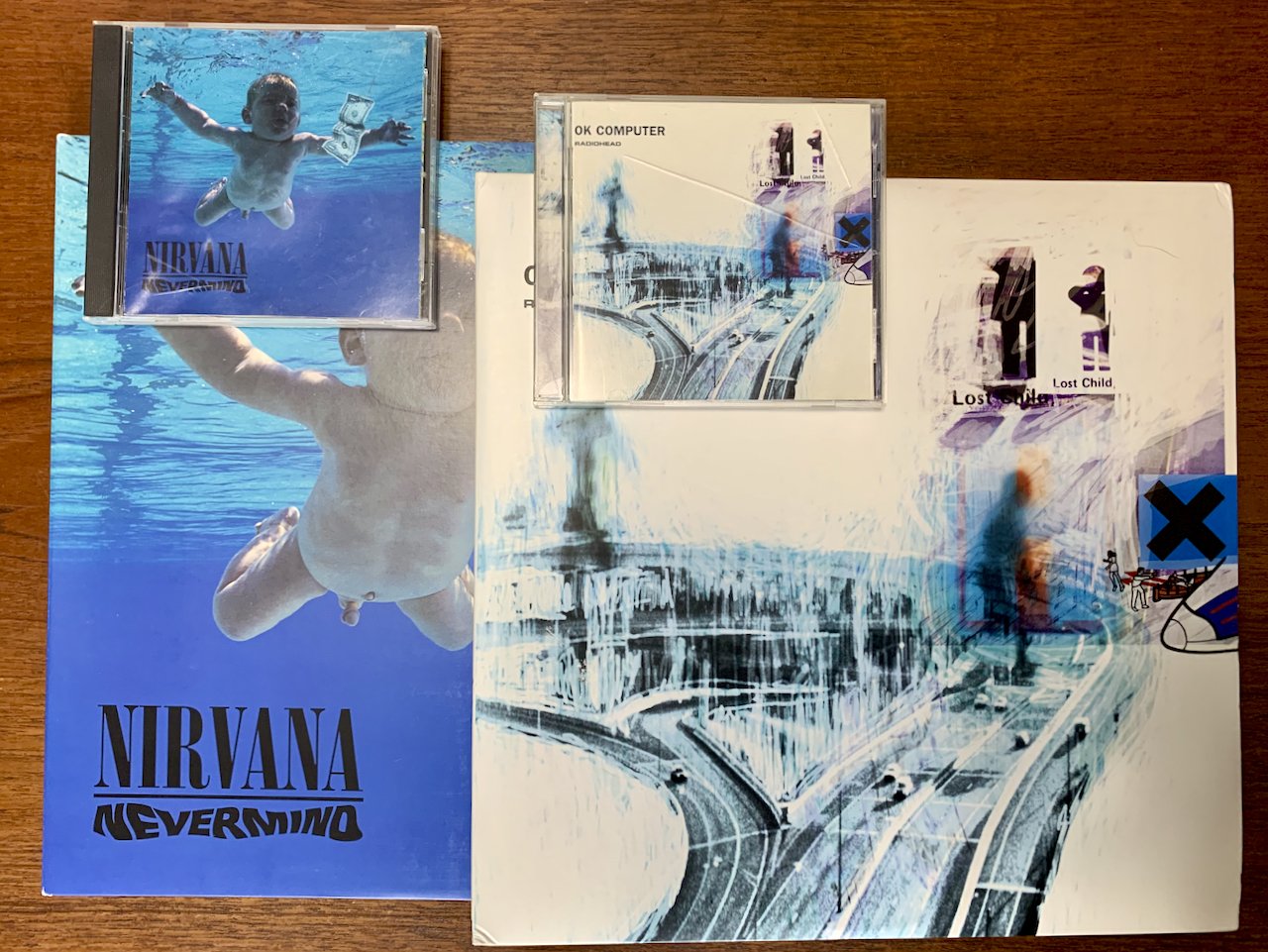Aesthetic Reasons
(1) I prefer to own music. I used to believe that I would "own nothing and be happy." In fact, in a misguided attempt at minimalism, I aspired to transition everything in my life to the rental/subscription model. I now utterly reject this ethos. When it comes to music, I object for two reasons. First, subscribing to music means putting myself at the mercy of business decisions made by Apple and Amazon. (You may be on the end of a leash held by Spotify, or Google.) If, for example, an album I love ceases to be covered by a contract between label and streamer, it will disappear from the catalogue and I will no longer have the option to enjoy it. If a particular mix of an album I cherish is replaced by a "20th anniversary, deluxe, digitally re-mastered" version, the lowly original that I have come to love may no longer be available. (The problem is even more acute in video: entire scenes from beloved movies may be altered, if not eliminated, to make them more palatable politically, and the original may become unrecoverable. The case of "Han shot first" springs easily to mind.)
Second, I resent being subjected to onerous terms of service that I must swallow whole without protest. I especially resent the fact that the streamers retain the exclusive right to amend the terms without warning or consulting me and that the changes are inevitably made to benefit them, not me. I am powerless and un-free in this "relationship." By contrast, outright ownership gives me more rights over what is properly called my private property than I would have under a subscription model. I can, for example, make a back-up copy of the CD; I can lend it to a friend; I can trade it, sell it, or give it away. If I break up with my girlfriend, I can, in a thrilling act of catharsis, smash our make-out CD into a thousand tiny pieces to make the break-up complete and irreversible. Once I own a CD, it is mine; there is no need for me to continue to pay to enjoy it. My library of music does not vanish the moment I cancel my subscription, and I am shielded permanently from price hikes and inflation.
(2) I prefer physical over digital media. Of course, I freely acknowledge that the CD is "digital," but it is digital in physical form--and the physical form has to be put somewhere; it takes up space; it cannot be forgotten absolutely and permanently as can a digital file in the depths of nested folders on my hard drive, or a stream played long ago. A CD is a physical object that confronts the owner with a stark choice: it demands to be kept, or thrown away. If kept, where? How?
I organize my CDs alphabetically by artist. When I own multiple discs by the same artist, I sort them chronologically by date of album release. This makes my music easy to find and also gives me a straightforward way to remember whether I already own a particular disc when I am out hunting for "new" music. (This becomes a real problem when your library grows as large as mine has. I don't go so far as to keep a database, though I probably should, so that I can pull it up on my phone wherever I am.) I don't yet have a bespoke shelving solution. This is something I will investigate in the New Year.
I am not immune to the allure of minimalism and I recognize that my home could do with a deep de-cluttering. However, there are well-organized collections of objects that I choose to keep in the face of this recognition: books, CDs, records, and cameras. These objects, carefully arranged in my living and working spaces, serve as an external memory of who I was and am. They remind me of places, people, and periods in my life. When my memory grows dim, they insist: yes, this happened.






